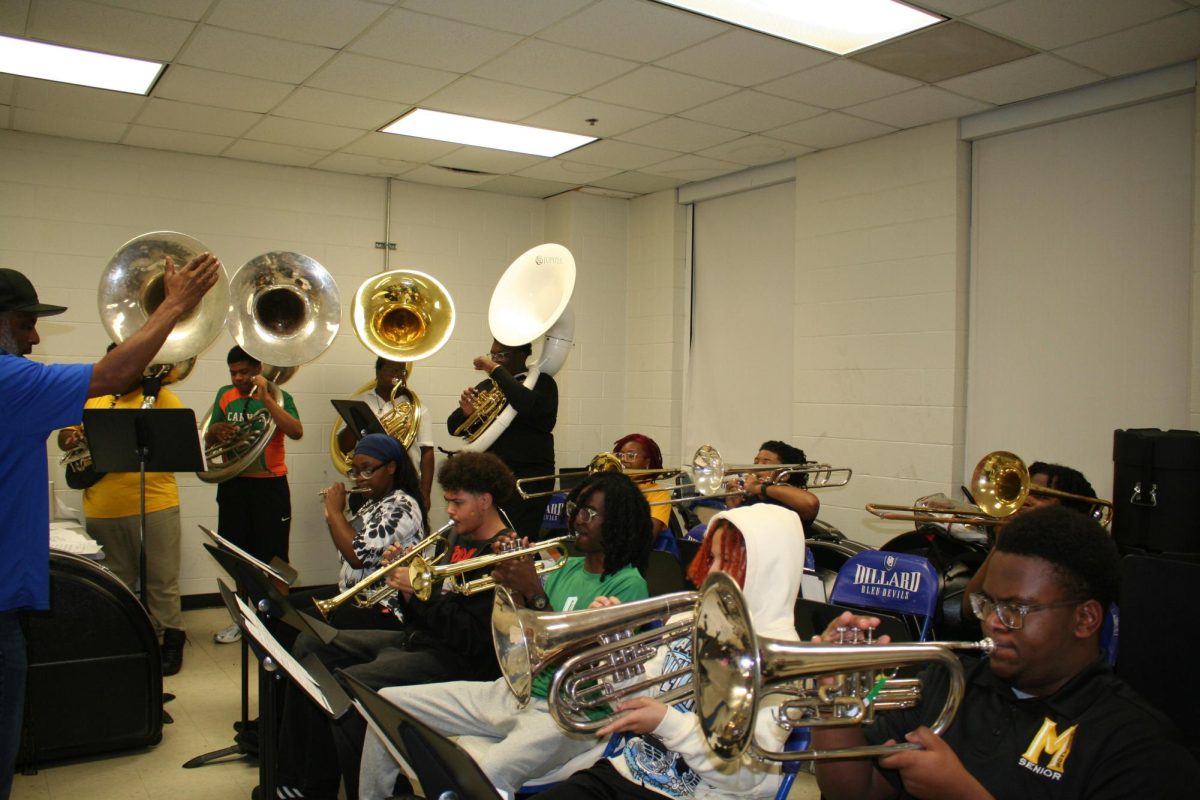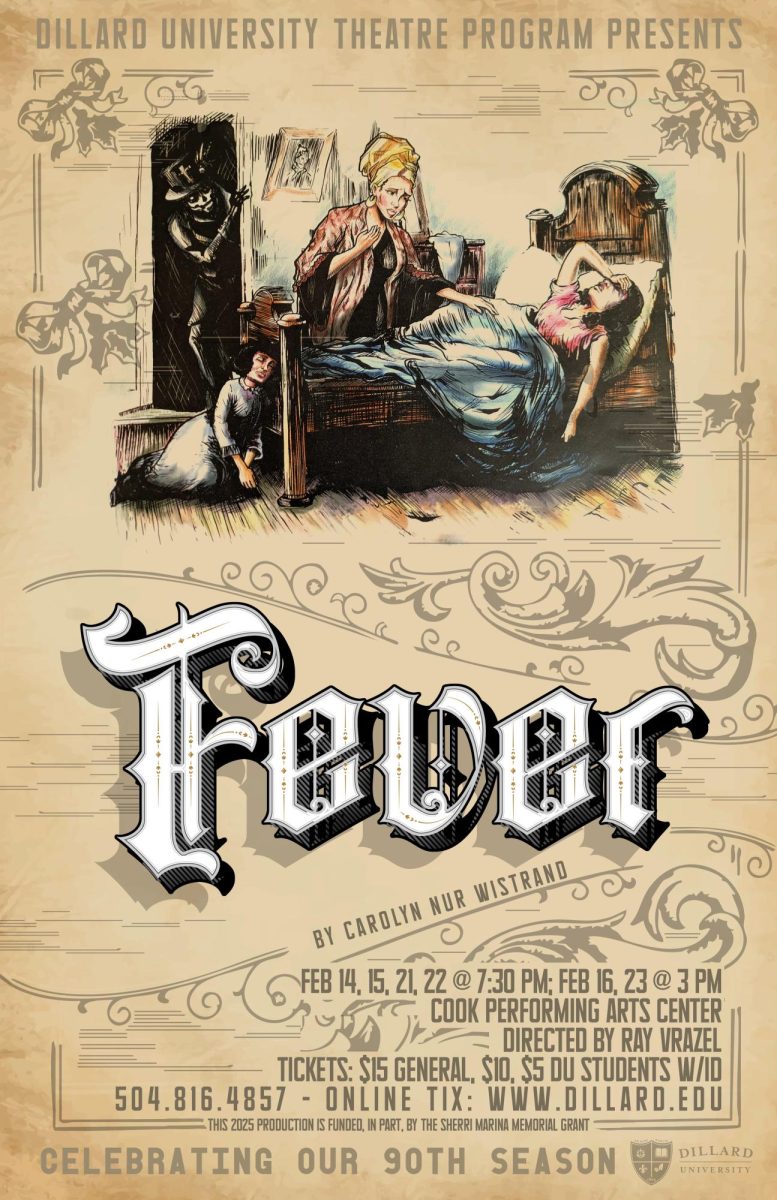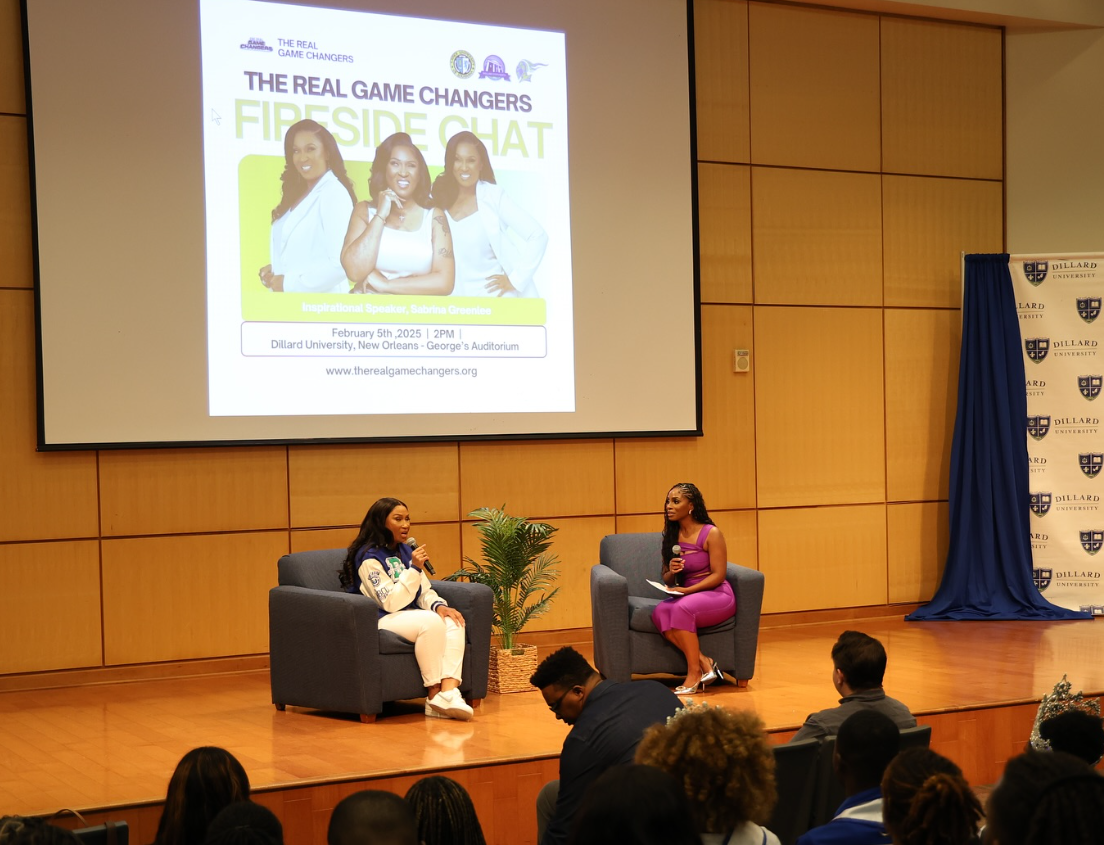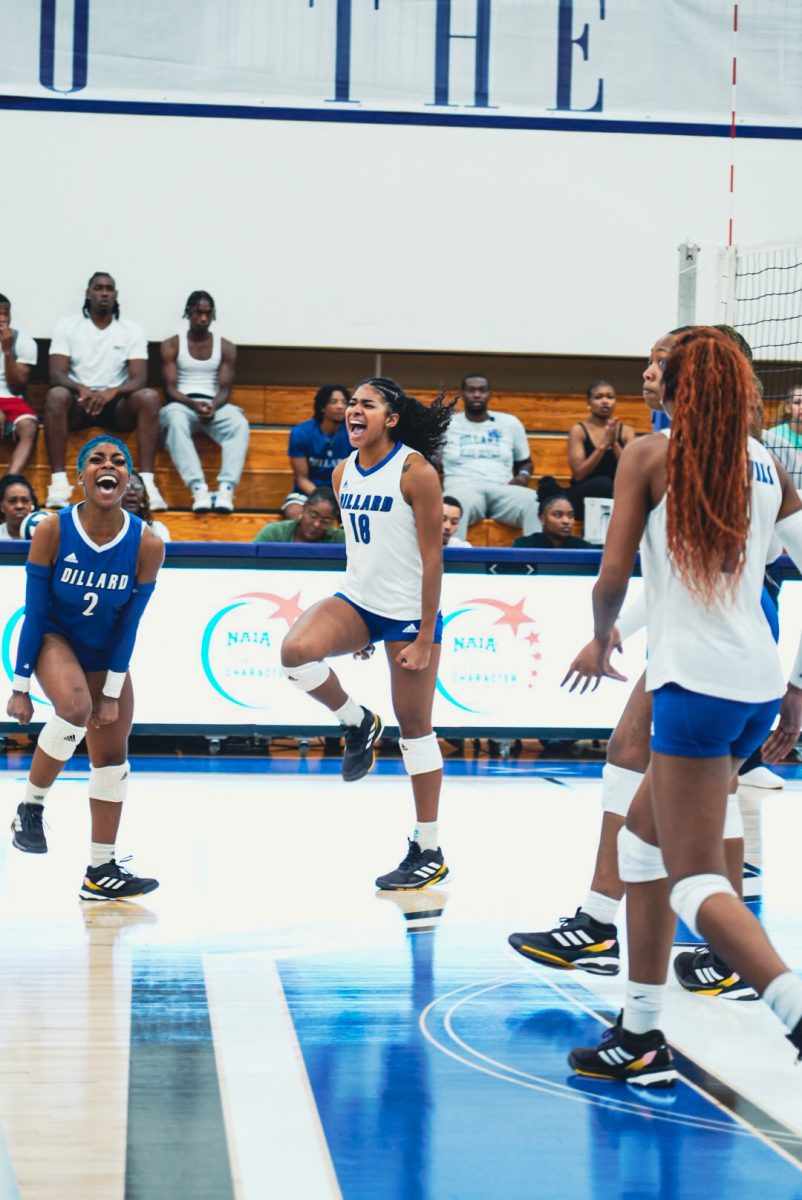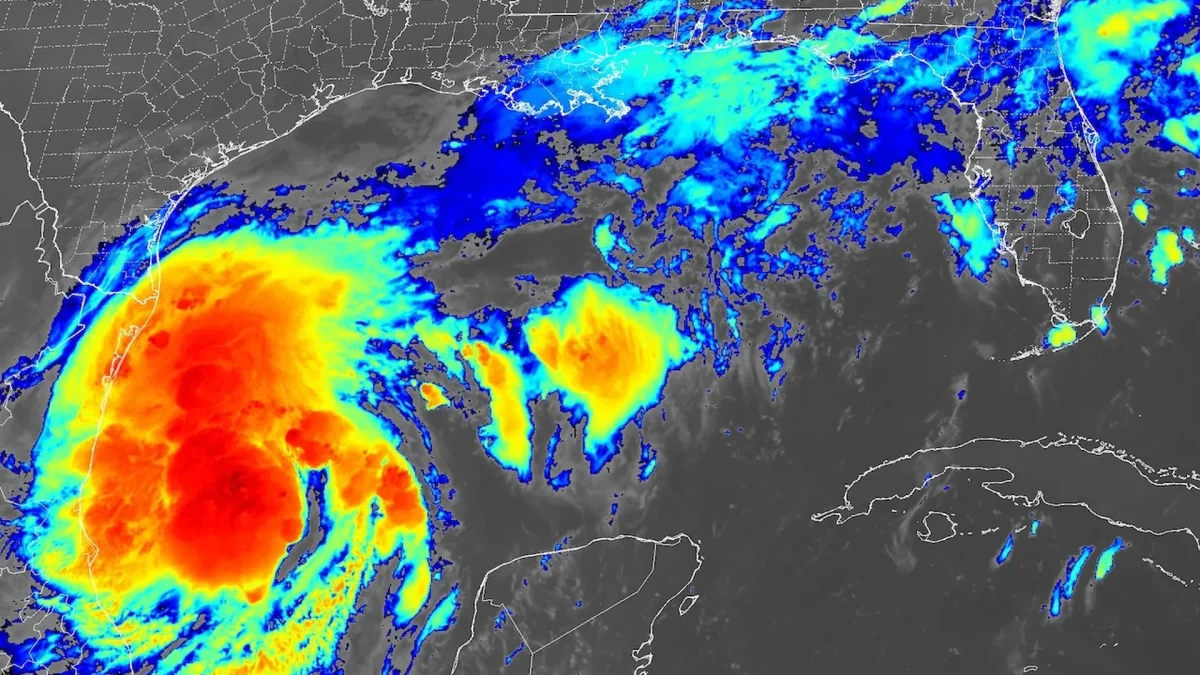While former Clinton aides join the Kerry campaign and the Bush public relations team continues to prove itself a strong campaign spin master, Walter F. Brown, the presidential candidate for the Socialist Party, is traveling the country as a one-man show.
Brown, a former Oregon state senator, took the long journey to Louisiana the week after Labor Day to secure his nine presidential electors. The seven congressional district and two statewide candidates for presidential electors were secured mostly through Brown’s down to earth grassroots approach and withfrom help from local Socialist Party members.
Like most third party candidates…most recently independent Ralph Nader, who may not be on several states…ballots- Brown is aware of the difficulties in reaching his quota for candidates that would cast a vote for him in the Electoral College.
"It’s like high-jumping, either you make the bar or its over," Brown said during an interview with the Courtbouillon. "[Ralph Nader’s] got his problems, and I’ve got mine."
With a party platform steeped in the goals of universal healthcare, withdrawal from Iraq and tackling poverty and inequality, Brown said he was able to recruit two African American women as electors "right on the spot." Brown has been a member of the National Association for the Advancement of Colored People since 1948.
Brown then scoured the state all the way to the northwestern parish of Natchitoches where he added a school bus driver to the list and then on to Houma, where active Socialist Party members provided some leads on other electors. In those instances, Brown’s military background and personal stories of sacrifice brought electors into his fold.
But although Brown was able to sell his party’s platform to secure his electoral candidates, the task of educating the voters on the issues of the Socialist Party continues to be a struggle where media attention almost always yields to the Democrats and the Republicans.
"If you can’t see what a third party is doing, nine times out of 10 you’re going to vote for who you’re familiar with," said Daniel Redd, a senior mathematics major.
Redd, a Los Angeles native, said that the reason most people are caught between Republicans and Democrats is because they have more of their agenda on display in the media.
"In a capitalist society you’re at a disadvantage if you’re not spending your money to gain public attention," Redd said.
He also said that if he knew more about a third party, it maymight redirect his vote. Brown, during his visit, pointed to many historical and political icons in U.S. history, who unknown to most of the public, were socialists including A. Philip Randolph, who is coined the "Father of the Civil Rights Movement."
And while it is much easier to get the information hand delivered in the media, Redd still feels that third parties are not doing enough to get their message across.
Yet despite the apparent likelihood that getting to the White House seems improbable for a minor party, Brown said that although many members of minor parties tend to give up because "they want to have dinner with the big boys," he is staying the course.
"Why do you climb mountains?," he said of his bid for president, "because they’re there."
Brown said that after speaking to those he meets on the campaign trail, 90 percent say they would vote for him.
"I guess they think it’s like voting for the tortus tortoise and hoping that maybe one day he’d catch up with the rabbit," Brown said.
Brown said that if elected president, one of his main tasks would be to implement steps toward universal healthcare. He also said that he would help create more jobs and find ways to get full collegiate coverage for qualified students.
On his main opponents, Brown said that he wants Bush to be defeated and that he is hoping that people would realize that Kerry has some good ideas but that he made little progress as a senator to achieve universal healthcare, more jobs and some foreign policies.
As a state senator for Oregon, Brown obtained 400 plus signatures for the Health Care for All-Oregon initiative and helped direct Congress to enact legislation for health care for all Americans by October 2004. Brown can also tout his military experience after serving in the Pacific and China during World War 2 and as a special prosecutor in the Vietnam War.
"I cannot imagine how Bush could win this election," Brown said. "It’s an embarrassment to this democracy and it is a disgrace that we have someone like that in the White House."
Voting for a candidate in a minor party, he continued, does not mean that you would be punished by God or society would punish you. Brown said that he thinks voters should vote for who they think is the best, saying that a vote for him would not send President Bush back to the White House.
"But just imagine," he said, "If everybody voted for me, I’d then be the one elected to White House."

